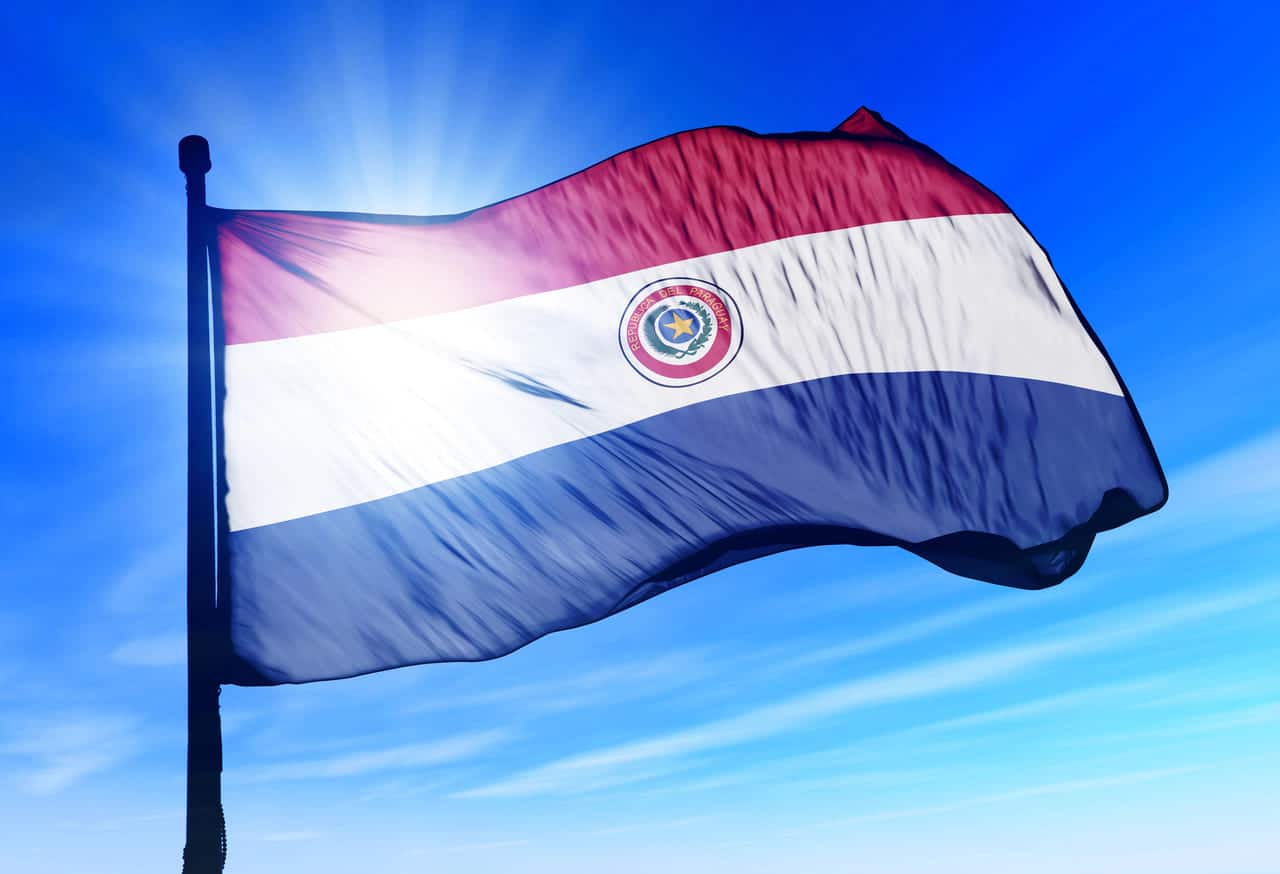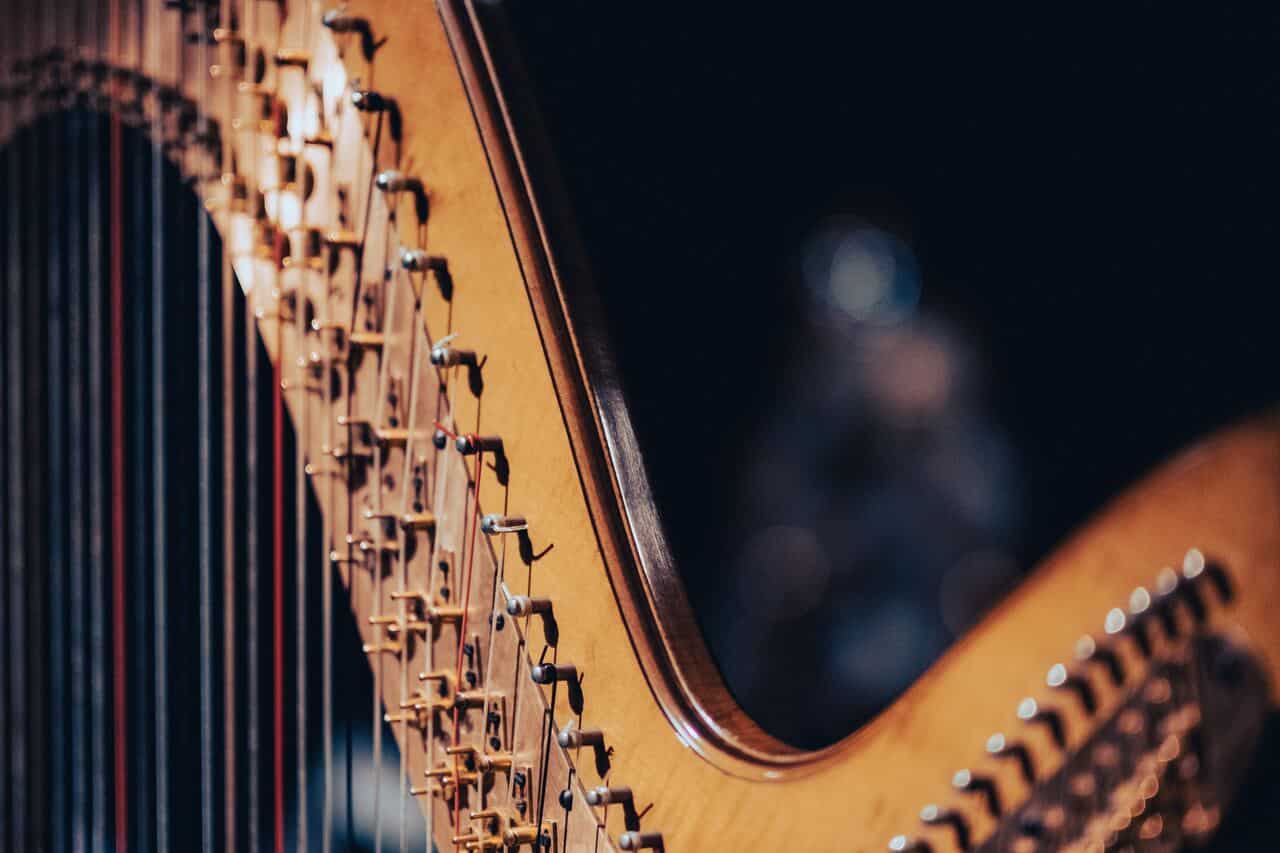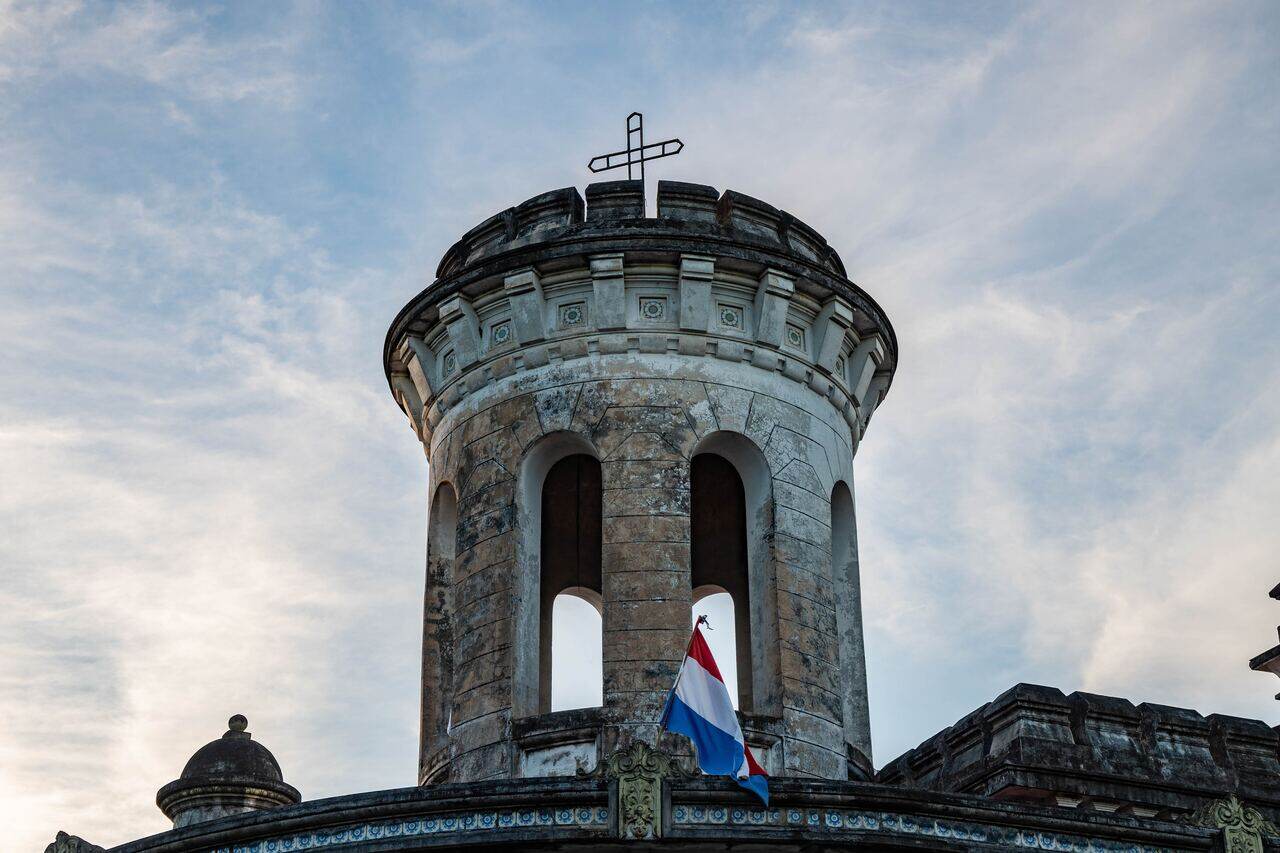
Traditions in Paraguay: Culture and Heritage
DATE:
Imagine a land where the enchanting rhythms of the Paraguayan harp blend seamlessly with the tantalizing aroma of sopa paraguaya, creating a symphony of sights, sounds, and flavors. This is Paraguay, a hidden gem in the heart of South America, where vibrant traditions and a rich history form the very essence of everyday life. Here, culture is not just a relic of the past but a living, dynamic force that shapes every aspect of daily existence.
From the lively streets of Asunción to the serene landscapes of rural areas, Paraguay presents a unique blend of indigenous and Spanish influences, weaving together a cultural tapestry that is as diverse as it is rich. This fusion has given birth to a society where traditions are cherished and celebrated, making Paraguay a lesser-known yet fascinating cultural powerhouse in South America. In every corner of the country, from its colorful festivals to its culinary delights, the spirit of Paraguay comes alive, inviting visitors and locals alike to experience a world where tradition and modernity coexist in beautiful harmony.
Important Dates and Celebrations in Paraguay
Paraguay, with its rich tapestry of cultures and traditions, is home to numerous significant dates and celebrations that reflect its history, values, and beliefs. These events are not just marked on the calendar; they are vibrant expressions of the nation’s soul, bringing together communities in a display of unity and joy.
Independence Day: A National Pride
One of the most significant dates in Paraguay is Independence Day, celebrated on May 14th and 15th. This two-day festivity commemorates Paraguay’s independence from Spanish rule in 1811. Streets across the country, especially in the capital city of Asunción, are adorned with the national colors of red, white, and blue. Parades, cultural performances, and patriotic displays form the crux of the celebrations, reflecting the pride and joy of the Paraguayan people in their nation’s sovereignty and history.
San Blas Festival: A Religious and Cultural Fiesta
The San Blas Festival, held on February 3rd, is a blend of religious devotion and cultural exuberance. Dedicated to Saint Blas, the patron saint of Paraguay, this festival is marked by a series of church services, processions, and traditional music and dance. It’s a time when the fusion of indigenous and Christian beliefs is most evident, showcasing the religious diversity and tolerance inherent in Paraguayan culture.
Poyvi Festival: Celebrating Paraguayan Artistry
The Poyvi Festival, celebrated in November, is a vibrant showcase of Paraguayan arts and crafts. Poyvi, meaning ‘cloth’ in Guarani, is a celebration of traditional Paraguayan textiles and handicrafts. Artisans from across the country gather to display and sell their works, including intricate lacework, colorful weavings, and handmade pottery. This festival is not just a market; it’s a celebration of the artistic skills and creativity that are a cornerstone of Paraguayan culture.
Transchaco Rally: A Modern Sporting Tradition
While not a traditional festival, the Transchaco Rally, held annually in October, has become an important event in Paraguay. This grueling motor race, covering rough terrain across the Chaco region, draws competitors and spectators from around the world. It’s a testament to Paraguay’s evolving culture, incorporating modern sporting events into its calendar of traditional celebrations.
DID YOU KNOW…?
Did you know that in Paraguay, the “Ñoquis del 29” tradition is celebrated every month? On the 29th, families and friends gather to eat ñoquis (gnocchi) together. This custom, rooted in both Italian and Paraguayan traditions, symbolizes hope for prosperity and good fortune in the coming month. It’s common for people to place money under their plates during the meal, hoping to attract financial success.
Celebrating Paraguayan Traditions
Paraguay, a landlocked country in the heart of South America, is rich in culture and traditions that are celebrated with great enthusiasm. From music to cuisine, each aspect of Paraguayan culture reflects a harmonious blend of indigenous and Spanish influences.
Musical Heritage: The Soulful Paraguayan Harp
Discussing Paraguayan culture inevitably brings to light the iconic Paraguayan harp, an instrument deeply embedded in the nation’s soul. Revered as a symbol of national heritage, this harp is renowned for its soothing, melodious tunes that resonate with the essence of Paraguayan identity. Its strings echo the country’s diverse history, blending indigenous and Spanish influences into a unique musical experience. Regularly featured in social gatherings, the harp’s music transcends mere entertainment, reflecting the heart and spirit of the Paraguayan people.
In Paraguay, music is not just a pastime but a pivotal element of daily life. The melodious strumming of the harp, accompanied by the vibrant rhythms of traditional folk songs, forms a soundtrack to both the bustling cities and serene rural landscapes. Dance, another vital cultural expression, complements the music scene. Intricate dances like the bottle dance not only display the country’s artistic talents but also signify the community’s appreciation for joyous, expressive arts. Together, music and dance are woven into the fabric of daily life, illustrating a society that deeply cherishes its cultural heritage and the joys of artistic expression.

Gastronomic Delights: Savoring Paraguayan Cuisine
Paraguayan cuisine offers a tantalizing exploration of flavors, deeply intertwined with the nation’s history and traditions. Each dish is a story in itself, rooted in the agricultural practices of the land. Sopa Paraguaya, a robust corn flour creation, transcends its role as a mere dish, embodying the rich agricultural heritage of Paraguay. It is complemented by other culinary treasures like chipa, a savory cheesy bread, and asado, a meticulously pit-roasted pig, both of which are emblematic of the communal and hospitable spirit of the Paraguayan people. These dishes, staples at both festive and familial gatherings, are not only nourishment for the body but also for the soul, symbolizing a shared culinary legacy.
Within the Paraguayan household, mealtimes are cherished as pivotal moments of unity and tradition. Recipes for beloved dishes like sopa paraguaya and chipa are treasured heirlooms, handed down through generations as embodiments of family lineage and cultural identity.
This deep-rooted respect for traditional recipes highlights the integral role of cuisine in the fabric of Paraguayan life, where food is a means of preserving heritage and strengthening familial bonds. In this context, each meal is an opportunity to reaffirm cultural connections and celebrate the enduring legacy of Paraguayan culinary arts.
Festive Celebrations: A Reflection of Paraguayan Joie de Vivre
Paraguayan festivals are a vibrant expression of the country’s cultural heritage. Each celebration, from religious fiestas to harvest festivals, is an opportunity for Paraguayans to showcase their customs, crafts, and music. These events, celebrated with great enthusiasm, are a window into the soul of the nation, revealing a people deeply connected to their traditions and history.
Art and Crafts: Expressions of Paraguayan Identity
Paraguayan art, particularly crafts like silver filigree jewelry and clay work, is a reflection of the country’s creative spirit. These crafts, often made by local artisans, are not just beautiful objects; they are symbols of national pride and cultural identity. The intricate designs and traditional techniques used in these crafts are a testament to the skill and creativity of the Paraguayan people.
The Fabric of Paraguayan Society
Paraguay’s cultural landscape is shaped by its diverse society, where family, language, and education play pivotal roles.
The Importance of Family and Community
In Paraguay, family and extended kin form the backbone of society. The concept of fictive kin ties is prevalent, with close friends and neighbors often considered part of the family. This strong sense of community is evident in the way Paraguayans live, work, and celebrate together, forming an intricate web of relationships that is central to their way of life.
Language: A Bridge Between Cultures
Language plays a crucial role in shaping Paraguayan culture. Spanish, the official national language, coexists with Guarani, an indigenous language spoken by a vast majority of the population. This bilingualism is a testament to the country’s rich cultural heritage, reflecting a society that values both its indigenous roots and colonial history.
Education: Cultivating Traditions from a Young Age
Education in Paraguay, especially primary education, is where the seeds of cultural appreciation are sown. From a very young age, children are taught about their history, music, and traditions, ensuring that these cultural treasures are passed down through generations. This emphasis on cultural education helps maintain a vibrant and active literary tradition, keeping the Paraguayan identity alive and dynamic.

Embracing the Beauty of Paraguayan Traditions
As we delve into the wonders of Paraguay’s culture, we are reminded of the importance of preserving these vibrant traditions. From the melodious strumming of the Paraguayan harp to the delightful flavors of sopa paraguaya, each aspect of Paraguayan life is a testament to the country’s rich heritage and enduring spirit.
At SpanishVIP, we understand the significance of culture in language learning. Our dedicated teachers, with their deep understanding of Paraguayan culture, are here to guide you on a linguistic journey that’s not just about words, but about experiencing the soul of a nation. Whether you’re starting with a free 1:1 class or diving into the rhythm of Paraguay with our free 7 days of group classes, you’re embarking on a journey that transcends language, immersing you in the heart of South America’s hidden gem.








